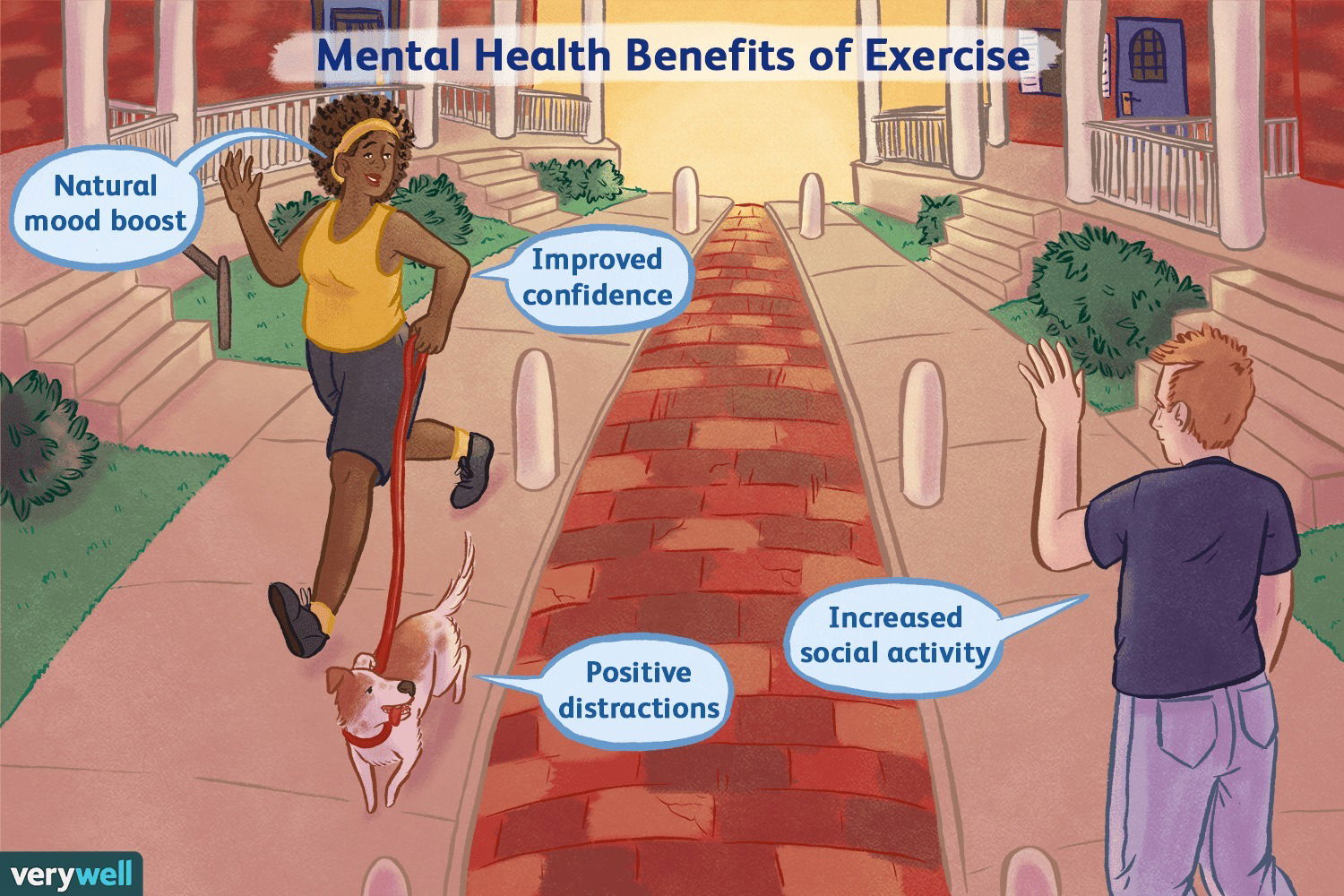Physical activity and human function

Physical activity is essential for optimal human functioning. However, the emergence of modern lifestyle conveniences has contributed to the increased prevalence of sedentary behavior.

As a result, the psychobiological nature of physical activity and the positive impact of physical activity on body and brain communication has prompted investigators to utilize a breadth of research strategies and techniques to identify physical activity regimes, associated mental health benefits, and the plausible mechanisms that explain the mental health adaptations. Furthermore, investigators have provided evidence supporting a number of mechanisms that at least partially explain the psychological adaptations to acute (a single bout) and chronic (long-term) physical activity intervention. Through these efforts, the observed efficacy of physical activity as a potential therapeutic intervention strategy to ameliorate the most prevalent mental disorders (i.e., anxiety, depression, bipolar disorder, and schizophrenia), and to enhance mental illness-related and age-related impairments of cognitive function has received some attention in the literature and will likely lead to clarity and confidence for clinical use.